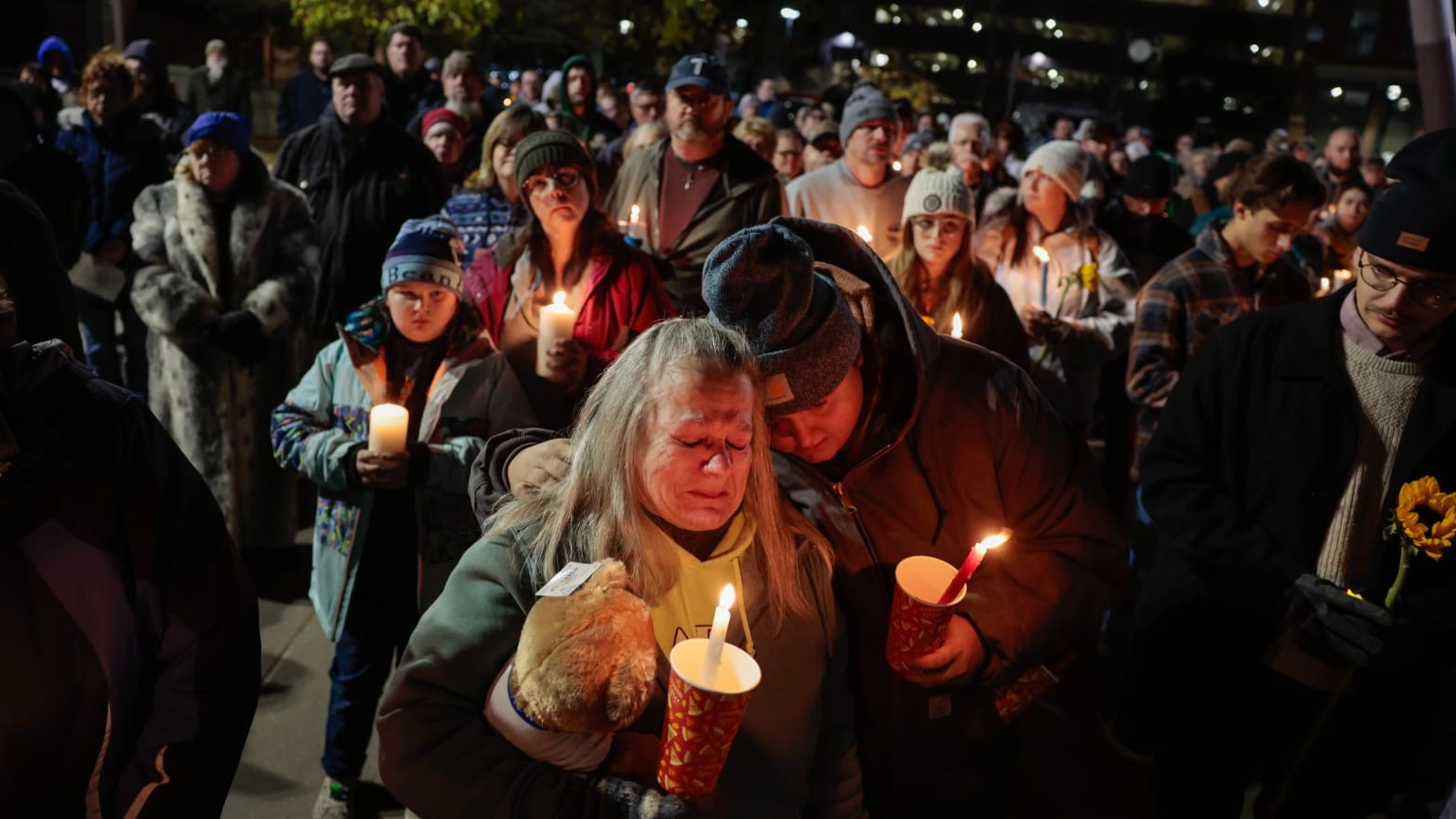Two Maine state Republican lawmakers faced formal censure after making controversial remarks during a legislative debate. State Rep. Michael Lemelin linked a tragic shooting in Lewiston to God’s supposed wrath over abortion, while Rep. Shelley Rudnicki agreed with Lemelin’s statements.
So far, their comments sparked widespread condemnation from lawmakers and rights advocates, who emphasized that such views should not be normalized within the GOP.
When this happened, Lemelin’s remarks during a debate over a proposal to protect healthcare providers from restrictions on gender-affirming and reproductive care drew attention.

State Rep. Michael Lemelin (Credits: Kennebec Journal)
After which, he connected the passage of a law expanding abortion access to a shooting incident, suggesting it was a result of divine retribution. This drew sharp criticism, with many calling out the dangerous conflation of religious beliefs with legislative debates.
Despite the backlash, Rudnicki echoed Lemelin’s sentiments, further fueling the controversy. Critics pointed out the alarming trend of radical religiosity influencing mainstream politics, noting its potential dangers to governance and public discourse.
The House’s unanimous vote to censure Lemelin and Rudnicki reflected a collective rebuke of their statements. The censure required them to issue formal apologies, acknowledging their remarks’ offensive and harmful nature.

Rep. Shelley Rudnicki (Credits: WGME)
Speaker Rachel Talbot Ross emphasized the harm caused to the victim’s families and the state’s reputation by such insensitive comments.
This incident highlighted broader concerns about the intersection of religious beliefs, political discourse, and legislative decision-making. It underscored the importance of maintaining respectful, evidence-based discussions in the public sphere free from divisive and inflammatory rhetoric.























